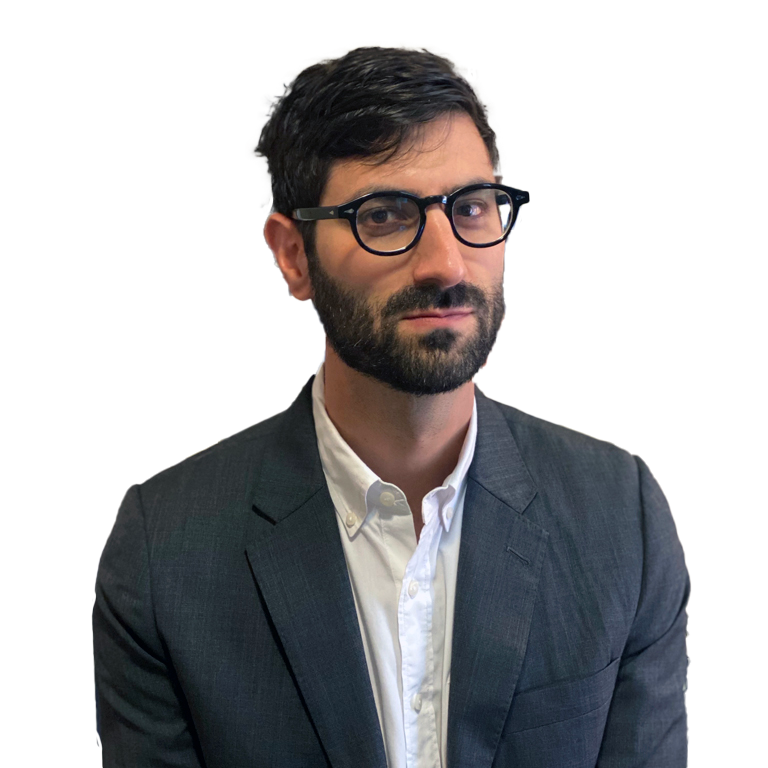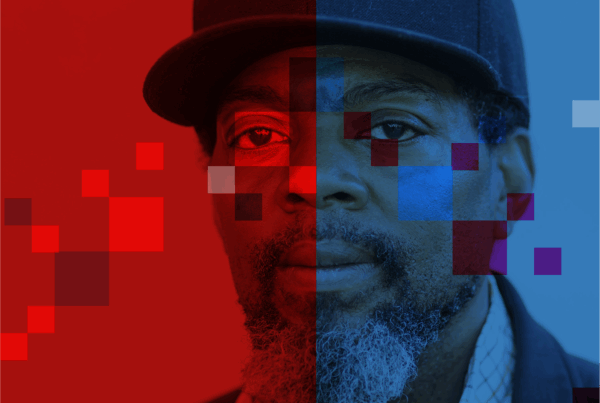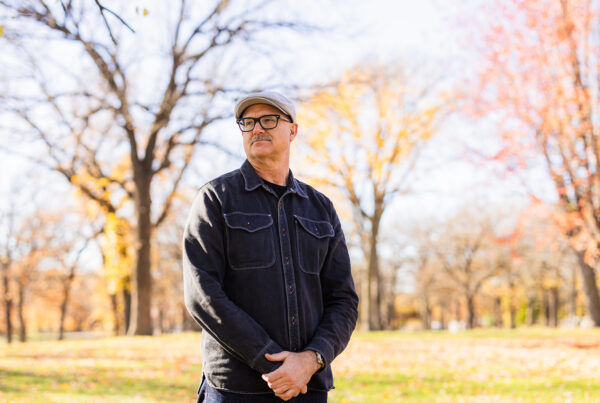“My first Christmas in jail was in 1996. I was 23 years old and one of more than 500,000 people who were held in an American jail that year over the holidays. While I had already been sentenced by then and was awaiting transfer to a prison, many who were in the jail with me hadn’t been convicted of the crimes they were accused of. Yet they were locked behind bars, separated from their families and loved ones, stripped of their jobs and communities because they couldn’t afford to pay bail while awaiting trial.”
This passage opens Bail Project Chief Executive Officer David Gaspar’s recently published op-ed in the U.S. News & World Report, “New Year’s in Jail: Presumed Innocent But Too Poor to Post Cash Bail.” Drawing from his own experiences, David’s piece highlights the unfairness of the cash bail system and its harmful impact on vulnerable communities.
As he explains, the wealthy can often pay their way to freedom while awaiting trial, but low-income individuals face prolonged incarceration simply because they lack financial resources. This practice undermines the principle of being “innocent until proven guilty” and perpetuates cycles of poverty and inequality without making communities safer.
David’s story brings a personal dimension to this issue. Witnessing the devastating effects of pretrial detention within his community strengthened his determination to push for reform. For many, being jailed pretrial – often for minor offenses – leads to job loss, housing instability, and strained family relationships. It too pressures people to accept plea deals just to regain their freedom, even when they may not be guilty.
“The cash bail system turns poverty into punishment,” he wrote. “It forces people to choose between their principles and their survival, often at great personal cost.” These words highlight the system’s failure to protect the vulnerable and ensure fairness.
The op-ed’s publication in U.S. News & World Report not only elevates this urgent issue but also demonstrates David’s leadership in advocating for meaningful change. His message is clear: real reform is possible when we confront systemic injustices with determination and courage.
“Reforming the cash bail system isn’t just about fairness,” he concluded. “It’s about creating a justice system that works for everyone, not just the privileged few.”
Read David’s full op-ed: “New Year’s in Jail: Presumed Innocent But Too Poor to Post Cash Bail.”
Thank you for your valuable attention. The urgency and complication of the cash bail crisis requires meaningful participation to create real change – change that is only achieved through the support of readers like you. Please consider sharing this piece with your networks and donating what you can today to sustain our vital work.












